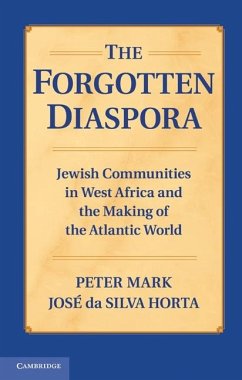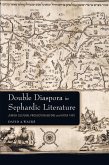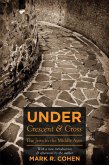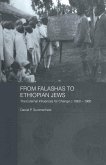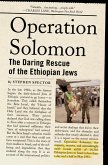This book traces the history of early seventeenth-century Portuguese Sephardic traders who settled in two communities on Senegal's Petite Cote. There, they lived as public Jews, under the spiritual guidance of a rabbi sent by the newly established Portuguese Jewish community in Amsterdam and were protected from agents of the Inquisition by local Muslim rulers. The Petite Cote communities included several Jews of mixed Portuguese-African heritage as well as African wives, offspring, and servants. The blade weapons trade was an important part of their commercial activities. These merchants participated marginally in the slave trade but fully in the arms trade, illegally supplying West African markets with swords. This arms trade depended on artisans and merchants based in Morocco, Lisbon, and northern Europe and affected warfare in the Sahel and along the Upper Guinea Coast. The study discovers previously unknown Jewish communities and by doing so offers a reinterpretation of the dynamics and processes of identity construction throughout the Atlantic world.
Dieser Download kann aus rechtlichen Gründen nur mit Rechnungsadresse in A, B, BG, CY, CZ, D, DK, EW, E, FIN, F, GR, HR, H, IRL, I, LT, L, LR, M, NL, PL, P, R, S, SLO, SK ausgeliefert werden.

